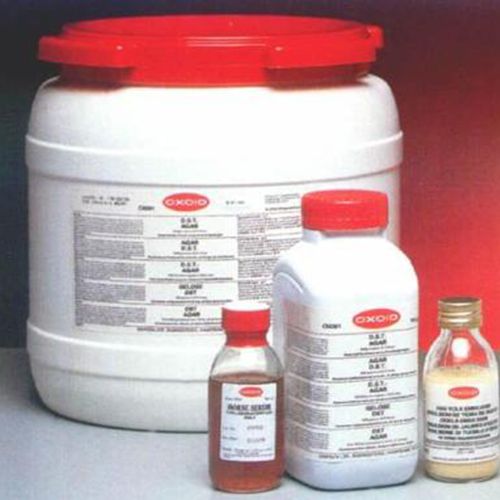Each woman is born with about 2 million primordial follicles. In childhood, most primordial follicles gradually degenerate. At puberty, there are about 200,000 to 400,000 primordial follicles left in both ovaries.

Late one menstrual cycle before women of corpus luteum and the menstrual cycle of early follicles, bilateral ovaries each will have a set of sinus follicle (about 3 to 11) under the action of follicle-stimulating hormone (FSH) together into the growth track, will other follicle atresia, raise, a process known as ovarian function every female is different, raised the number of follicles are also different. The growth of follicles after recruitment mainly depends on gonadotropin, especially follicle stimulating hormone (FSH). Only when the level of FSH reaches or exceeds a certain threshold can follicles continue to grow.
In the natural cycle, around the 5th to 7th day of the menstrual cycle, the follicle with the lowest threshold to FSH, that is to say, the follicle with the most sensitive to FSH will preferentially develop into the dominant follicle, while other follicles will gradually become atresia due to the low sensitivity to FSH. You can collect more than one follicle in a cycle, but usually you end up with only one follicle and occasionally you see two follicles mature and ovulate, and that follicle is what we call the dominant follicle.
In the ovulation induction cycle, doctors will start to apply ovulation induction drugs before the emergence of dominant follicles, usually on the 2nd to 4th day of menstruation, and the most common is exogenous FSH, to promote the growth of follicles that are going to be atresia, but the primordia follicles that are not collected in this cycle will remain in a static state and will not be affected. Therefore, ovulation induction does not exhaust the stored follicles in the ovary in advance, but belongs to "waste utilization", which enables the follicles that would otherwise be blocked to mature together and obtain multiple mature eggs in a cycle as far as possible, so as to obtain as many high-quality embryos as possible. It doesn't use up extra egg stock, so it doesn't bring the menopause forward.
Generally speaking, if it is an ivf baby, in order to ensure the success rate of pregnancy, sometimes more than 10 follicles will be produced at one time, but the maximum number of fertilized eggs will be implanted, that is, the maximum number of twins. And even that doesn't make you prematurely menopausal.
So, when you cause infertility due to ovulation disorder, you can completely rest assured to listen to the doctor's arrangement, the use of ovulation drugs to help you realize the dream of motherhood as soon as possible.